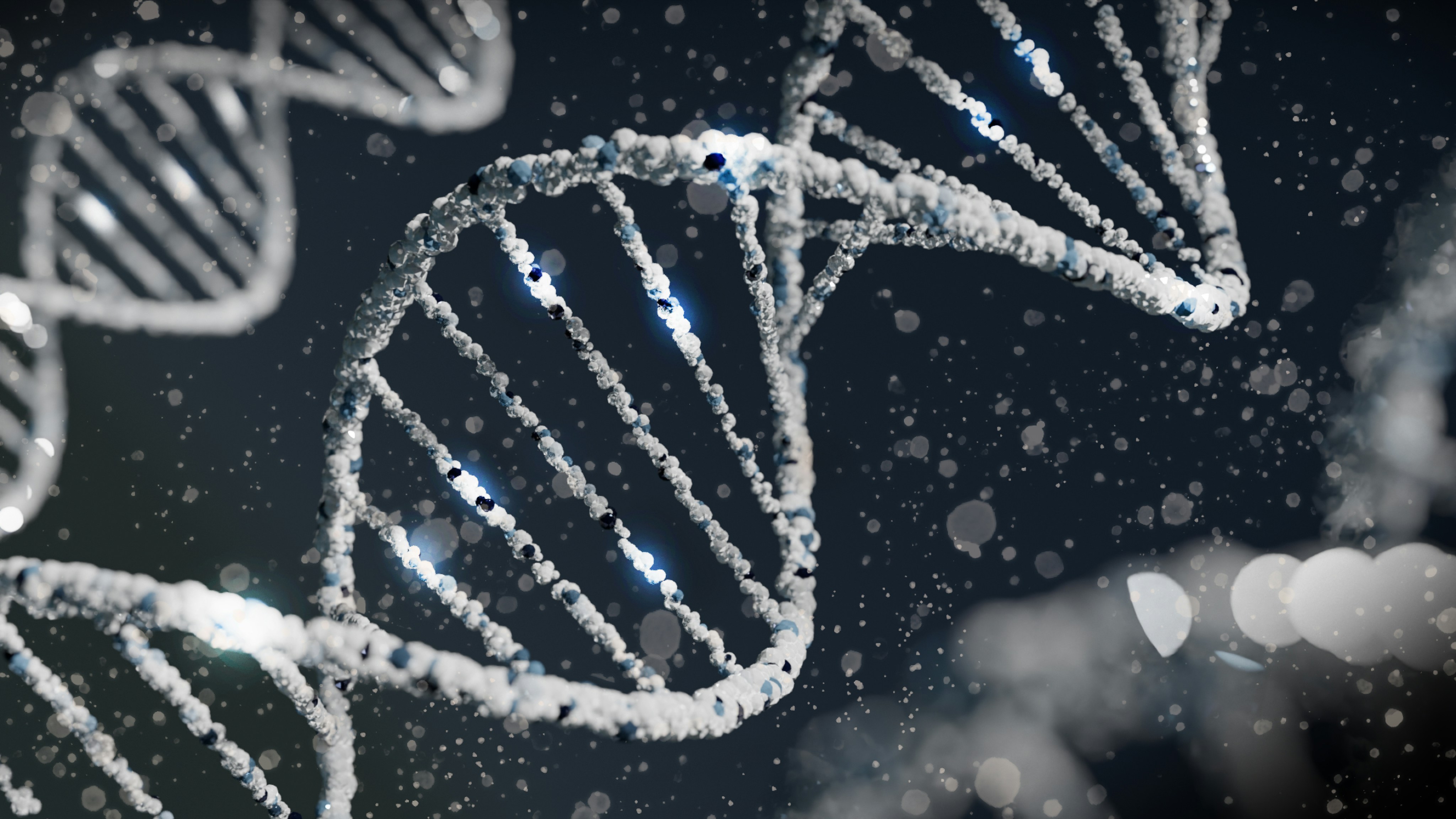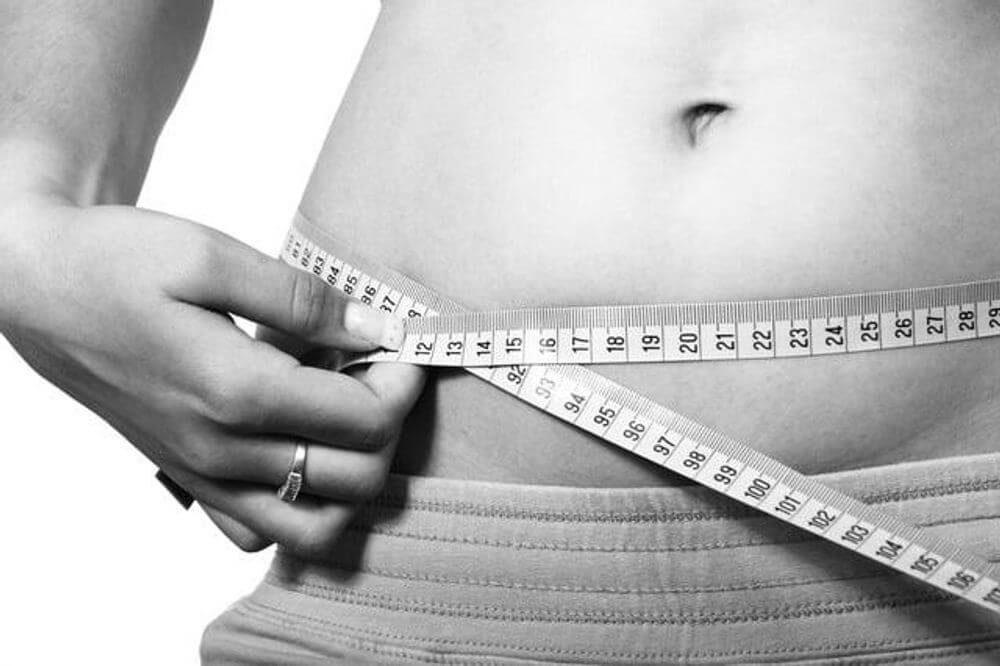Biological Age: The Ultimate Guide - GlycanAge

Learn everything about Biological Age; What it is, how it differs from chronological age, and ways to test and reverse it. Take control of your health today!

What is Biological Age?
Biological age assesses the speed at which your body is ageing from within. This is done using biomarkers to measure how well your bodily systems function. It gives you an idea of how quickly or slowly your body is ageing internally. While it may sound like a new notion, researchers have investigated biological age for at least 35 years.
Many ageing biomarkers exist because various bodily processes and systems change with age, some faster than others. As a result, taking biological age tests that look at different biomarkers may provide very different results.
To understand what your results mean, it is important to understand what a biological age test is measuring.
Ageing is one of the leading risk factors for disease. Traditional medicine tends to focus on treating symptoms and issues once they appear. However, biological age is affected by various factors, including genetics, environment and lifestyle. Measuring your biological age could help you better understand what steps need to be taken to slow down this biological ageing process.
In fact, biological age tests are more frequently being used in clinical applications by healthcare professionals in order to further optimise a person’s lifestyle. This can include improving their diet, and exercise regime and managing their stress levels.
Chronological Age vs Biological Age
When exploring the differences between chronological age vs biological age, it is known that chronological age only increases by one year on your birthday and it is irreversible. The opposite is true for biological age, which can be reversed and can either increase or decrease by multiple years.
We do not all age at the same pace since biological age is impacted by factors such as genetics, environment and lifestyle. Unhealthy lifestyle choices, such as poor sleep, diet and stress management can accelerate the biological ageing process, whereas the opposite can slow it down. Knowing this allows you to make better lifestyle choices that benefit your biological age and overall health in the long run.
Factors Influencing Biological Age
Biological age can be affected by multiple factors. As a result, a person’s biological age can tell us more about them than just their chronological age.
Genetics and Aging
Genes are often described as the blueprint to cellular function and can heavily influence the ageing process of our body. This is because they code the instructions necessary for the growth, development and maintenance of all living organisms.

Each gene is a segment of DNA that encodes for specific proteins, which are essential molecules that perform a variety of functions within cells. The mutation of one gene has the potential to impact protein functionality, leading to a cascade of events that may impair tissue function. This can result in an individual being more predisposed to a particular disease earlier in life.
Due to this, genetics can be reflected in your biological age and may result in a higher score. Unfortunately, there is not much that can be done to change your genetics directly. However, the risk of certain diseases can be better managed through optimising your lifestyle.
Lifestyle Habits
Lifestyle habits such as diet, exercise and sleep have a tremendous impact on the speed at which you age internally and can be reflected in one’s biological age. By making impactful changes to your lifestyle, you can drastically improve your biological age.
Lifestyle habits have the potential to enhance cellular health and positively impact biological age. For instance, a diet incorporating key macronutrients such as carbohydrates, healthy fats and protein helps provide and regulate energy usage, metabolism, cellular repair and growth. This helps to support the immune system and builds both tissues and muscles.
However, lifestyle habits can also exhaust cellular health and negatively impact biological age. For example, a lack of sleep can increase your risk of health conditions, such as obesity, high cholesterol and diabetes. A regular sleep schedule of 7-8 hours can help manage these risks and keep cells healthier.
Environmental Factors
The environment has the potential to change gene expressions which can impact your cellular health. For instance, pollution and heavy metal exposure over time can disrupt your hormones and impact DNA methylation, which can have downstream impacts on what genes are expressed.
Another example of your environment impacting your cellular health is the electromagnetic field (EMF). EMF is a type of energy emitted by both natural and man-made sources such as the sun, electrical devices and power lines.
Research suggests that EMF exposure has been attributed to poor sleep quality and can reduce longevity from 80 years to 65 - 70 years. Additionally, EMF can overwhelm your cell’s antioxidant capabilities, leading to cellular damage. However, small changes can help reduce EMF exposure. This includes minimising your screen time in bed to improve your sleep quality and avoiding placing electronic devices on your body.
Psychological Factors
Emotional health is one of the fundamental pillars of longevity. Prioritising happiness and the connections we have with friends and family should be just as important as nutrition and exercise.

One of the main psychological factors impacting biological health is mental stress, which can go on to impact telomeres. These are the very ends of chromosomal DNA that provide protection against damage.
Over time, telomeres naturally shorten due to the DNA replication process being incapable of completely creating these ends. However, it is theorised stress can lead to increased cortisol release which can lead to inflammation, accelerated telomere shortening and cellular ageing. By recognising and managing stress, you can reduce cortisol levels and slow down the cellular ageing process.
Effects of Biological Age on Health
Biological age provides a deeper understanding of an individual’s current health by reflecting how quickly their body is ageing based on specific biomarkers. This concept has significant implications for both longevity and health.
Relation to Chronic Diseases
Biological age is linked to the onset and progression of chronic diseases. Individuals with a biological age higher than their chronological age may be more susceptible to conditions typically associated with ageing. This can include:
- Cardiovascular diseases (CVD)
- Type 2 Diabetes
- Osteoporosis
- Osteoarthritis
A higher biological age can be due to increased chronic inflammation, diminished effectiveness for cellular repair, and poor organ function. On the other hand, a lower biological age might reflect better health and a lower risk of chronic diseases.
Impact on Longevity
Longevity is significantly influenced by biological age. A lower biological age is commonly indicative of living healthier and longer lives. This is partly due to the human body functioning more efficiently, with less accumulated cellular damage and better stress management caused by the environment. This in turn helps delay the onset of diseases.
Role in Age-Related Declines
Biological age also provides insight into the speed at which your health declines. A higher biological age is often accompanied by faster declines in physical and mental capabilities. This can result in greater frailty and reduced independence.
However, a biological age that is closer to or even lower than one’s chronological age can help maintain optimal physical and cognitive functions for a longer period of time, which supports one’s overall health span.
Link Between Menopause and Biological Age
Menopause marks the end of reproductive years, caused by the loss of ovarian function and a depletion in circulating levels of both oestrogen and progesterone.
In particular, oestrogen provides protection for a woman's heart, supports bone health and maintains healthy blood cholesterol levels. Similarly, progesterone is vital in regulating blood pressure and enhancing sleep quality. The depletion of these hormones contributes to rapid biological ageing and an increased risk of age-related diseases.
The biological clock that best reflects the relationship between biological ageing and menopause is GlycanAge. It uses glycans as a biomarker to understand an individual’s level of chronic inflammation. GlycanAge has demonstrated that women experiencing perimenopause or menopause experience a drastic increase in chronic inflammation, contributing to accelerated biological ageing.
Reversing Biological Age - Is It Possible?
It is entirely possible to reverse your biological age through lifestyle changes. Diet, exercise, stress management and sleep quality can all significantly affect biological age.
By adopting healthier habits, you can potentially lower your biological ageing process, thereby enhancing your longevity.
Some actionable advice on how to reverse the ageing process include:
- Being mindful of your calorie intake
- Eating a healthy whole-food diet
- Getting seven to nine hours of sleep every night
- Exercising regularly
- Eating foods rich in antioxidants
- Lowering stress levels
Most Common Types of Biological Age Testing
Different biological age tests use different biomarkers to give you an idea of how you are currently ageing at the cellular level.
IgG Glycome
IgG glycome is a collection of different glycans attached to your IgG antibody - the most abundant antibody in the human blood and a key component in the immune system. Glycans are long-chain sugar molecules attached to biomolecules such as proteins to make them functional. IgG glycome composition reflects the level of your body’s chronic inflammation - one of the hallmarks of ageing. This also tells you of the current state of your immune system and how chronic inflammation is impacting your biological age.
Assessing IgG glycome composition is one of the best biomarkers of biological age as chronic inflammation is a driver of chronic diseases and can potentially highlight health risks before the disease begins.
Epigenetics
Epigenetics explains how gene expression can be switched on and off. One of the reasons this occurs is due to environmental changes, such as diet or stress. This is achieved by molecules known as methyl groups which act as the body’s chemical tags and attach to your DNA at specific locations called CpG sites, changing gene expression.
Researchers have identified specific sites on the genome where epigenetic methylation patterns change predictably over time and can be used to estimate an individual’s biological age. An example of an epigenetic clock is the Horvath clock, which is based on methylation patterns at 353 CpG sites across the genome.
By measuring methylation patterns at these sites, researchers can estimate a person's biological age with high accuracy.
How Accurate Are Biological Age Tests?
Understandably, some people may be a bit sceptical and wonder if biological age tests are accurate. The concept is still new to the average consumer and the associated benefits of understanding one’s biological age are not well understood.
Various biological age tests exist, from online age tests to scientific-based age test kits.
However, their relative accuracy is drastically different. For instance, free online age tests that claim to assess your biological age through a questionnaire are not scientifically valid without analysing samples such as blood or saliva.
On the other hand, various scientific-based biological age tests exist, each looking at a unique biomarker typically based on one of the hallmarks of ageing, such as epigenetic alterations and telomere shortening. Based on one of these specific biomarkers, a mathematical algorithm is used to determine your biological age and gives you an indication of how rapidly you are ageing on a cellular level.
These biological age tests are backed by years of clinical research and thorough scientific publications, which makes them far superior to free online age tests.
How To Find The Best Biological Age Test For You?
With all the information available online, it can become overwhelming to identify the best biological age test for you. Below are a few tips to help you come to a decision.
- Identify some goals you would like to work on.
The best place to start is to reflect on some health goals you would like to address and why this is. - Look at some biological age tests available that align with your goals.
Plenty of reliable online sources are available that break down the complex scientific concepts behind biological age tests. Identify what biomarkers interest you the most and how this can help you better understand your overall health. - Look at what sort of support is provided following your testing.
To ensure you are getting the most out of your money, look into what is offered following your testing, such as a broken-down report of your result, a consultation or if there are additional resources available.
Future Trends in Biological Age Research
The future of biological age research is boundless and is advancing rapidly, driven by a growing understanding of the molecular mechanisms underlying ageing. Innovative methods of assessing biological age are constantly emerging in an attempt to further improve accuracy and interpretability.
The future is also looking to find new interventions that further slow down the biological ageing process to extend people’s lifespan and health span. Some scientists even believe that people could live up to the age of 120 years in the future!
As these technologies continue to evolve, they promise to revolutionise your approach to health and longevity, offering personalised insights that can guide interventions. This not only improves your understanding of biological ageing but also paves the way for more effective and individualised healthcare solutions.
Take Control Of Your Health With A GlycanAge Test
GlycanAge is a biological age test that measures ageing at the molecular level by measuring chronic inflammation.
The test assesses how lifestyle choices influence your biological age, providing a unique window into your cellular health. Following testing, a report provides you with a biological age and a breakdown of your glycan profile into indexes. With the guidance of a GlycanAge specialist, you are educated on how these insights link to aspects of your health and what proactive measures you can take to optimise your lifestyle and reduce your biological age.
This empowers you to take action and track your progress with an objective metric to keep you motivated in your longevity journey. Start your journey today with a quick and simple health quiz.
FAQ
How do we age biologically?
Biological ageing is far more than skin deep. It involves complex processes across molecular, cellular and systemic levels. Key mechanisms include the accumulation of cellular damage, such as DNA mutations and oxidative stress.
These factors lead to declining cellular function and eventual cell death. Ageing also involves reduced repair efficiency and impaired ability to remove damaged cells and proteins, causing chronic inflammation and tissue deterioration. Over time, this ageing process impacts the efficiency of the human body’s tissues and organ systems.
What are the signs of a high biological age?
Most people do not present with clear physical signs of a higher biological age, making them unaware that they are ageing faster. Signs of a high biological age could be reduced endurance, slower walking speed and poorer sleep. However, this can vary greatly among individuals. Understanding and monitoring biological age is vital in making tailored lifestyle adjustments to prevent health issues before they occur.
Can I improve my biological age?
Yes, you can. This is achievable through lifestyle changes, such as optimising your diet, the amount of exercise you do, achieving enough sleep each night, reducing stress, and maintaining connections with loved ones.
Additionally, imbalances in hormones such as testosterone for men and oestrogen for women (especially during menopause) can accelerate biological ageing. These can often be managed with the guidance of a healthcare provider through hormone replacement therapy (HRT) for women, testosterone replacement therapy (TRT) for men, or supplements.
How to determine biological age?
Biological age can be determined by testing various biomarkers, such as DNA methylation patterns (epigenetic clocks), glycans, and telomere length, which reflect the physiological state of an individual and provide a more accurate measure of ageing than chronological age.
How does GlycanAge determine biological age?
GlycanAge uses glycans attached to your IgG antibodies as biomarkers. By analysing the type and composition of these glycans, you can understand the level of chronic inflammation in your body and how well your immune system is functioning. GlycanAge can also be used to track changes in response to interventions, helping you optimise your lifestyle.



